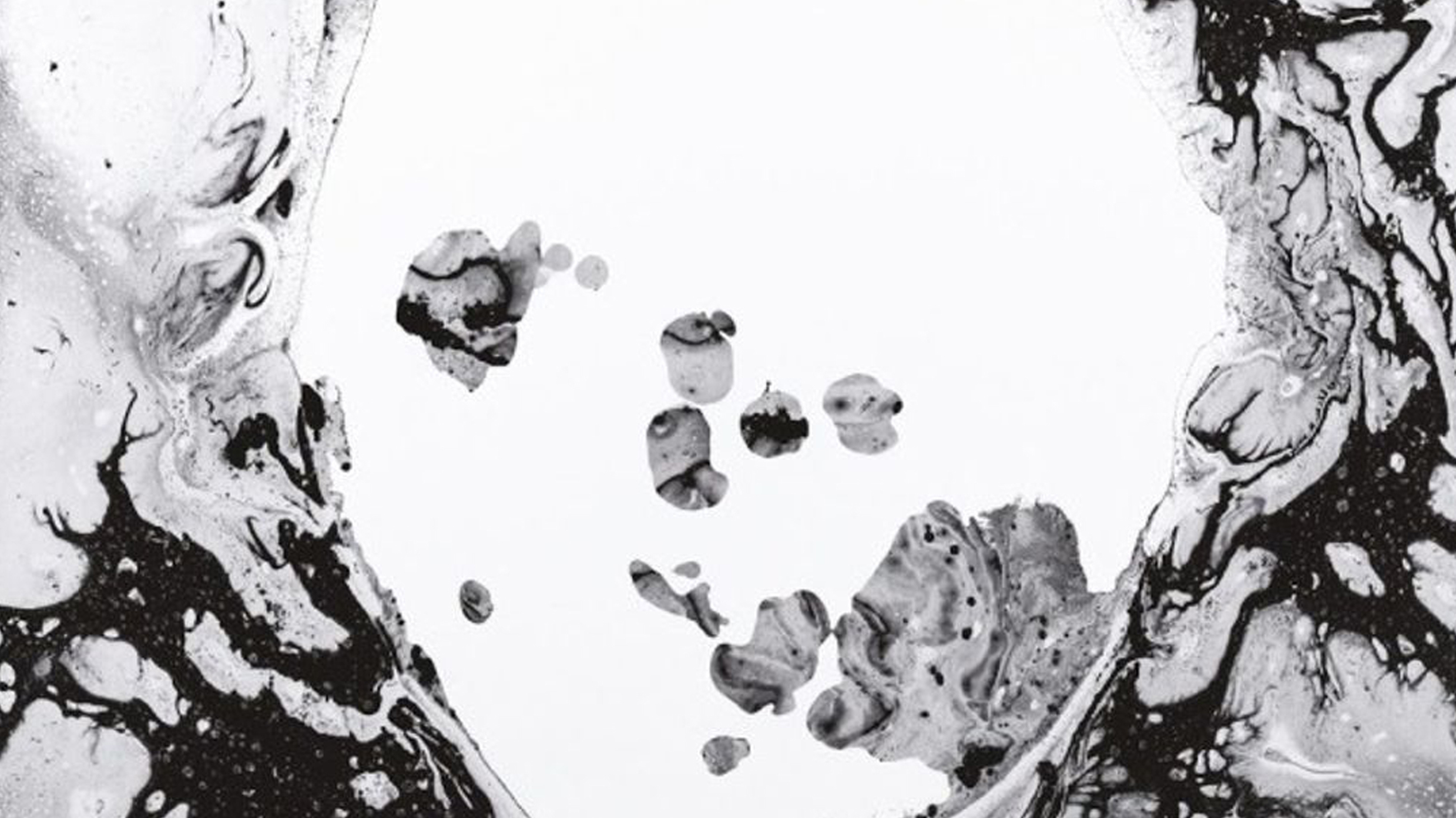Although lavished with praise by critics, Radiohead’s last record The King of Limbs failed to connect with a significant part of their fan base. Whatever that album’s shortcomings were, their ninth LP A Moon Shaped Pool does not share them. From the upbeat, percussive strings and expansive chorus of opener Burn The Witch, it’s immediately clear that Radiohead are on the kind of arresting, revelatory form that’s been largely absent since 2003’s Hail To The Thief.
The extracurricular orchestral and soundtrack work of guitarist Johnny Greenwood, long a growing influence on Radiohead’s studio recordings, is now at the fore. In concert with the sound-design and ethereal guitar work of Ed O’Brien, this development has been striking. There are plenty of cinematic moments: the strings on Burn The Witch; the choral arrangements on Decks Dark; the eccentric string flourishes on The Numbers and electronic swells building toward the crescendo of Desert Island Disk. Even with the number of layers and textures present, it’s tastefully done, with a certain sparseness left in the mix to prevent it from becoming overbearing. Keeping a more ‘organic’ instrument like piano or guitar to bind everything together along with Thom Yorke’s voice also lends coherence to the material.
Accessible, esoteric, with an undercurrent of deep melancholy.
Though the songs are broadly downtempo and on the more atmospheric side of Radiohead’s oeuvre, there are accessible tracks. A mid-album highlight comes in the form of Identikit, whose chorus refrain of ‘broken hearts, make it rain’ effectively summarises the album’s lyrical content. While at times abstract and metaphor-laden, this is as immediate as Yorke’s ever been, albeit in snatches – a line here, a hint, but not a beery rant in the listener’s ear. In the period since The King Of Limbs, Yorke has separated from his partner of nearly 25 years, and this has possibly impacted the mood here – it’s wistful and upbeat, but with an undercurrent of deep melancholy.
The closing track, True Love Waits, has been knocking around for decades, first getting a release on 2001 live album I Might Be Wrong as a powerful acoustic ballad. Here, it’s rendered in etiolated piano that layers in a creeping, slowly-growing landslide of rolling notes. For a band renowned for dramatic, emotive tracks, such muted minimalism makes this somehow more emotionally devastating than any bombastic crescendo found on old pieces like Fake Plastic Trees.
A well-honed balance of accessible and esoteric, this is Radiohead’s best record in a decade, a haunting and beautiful affair that shows some things do get better with age.
